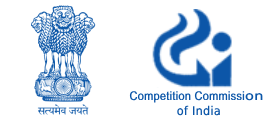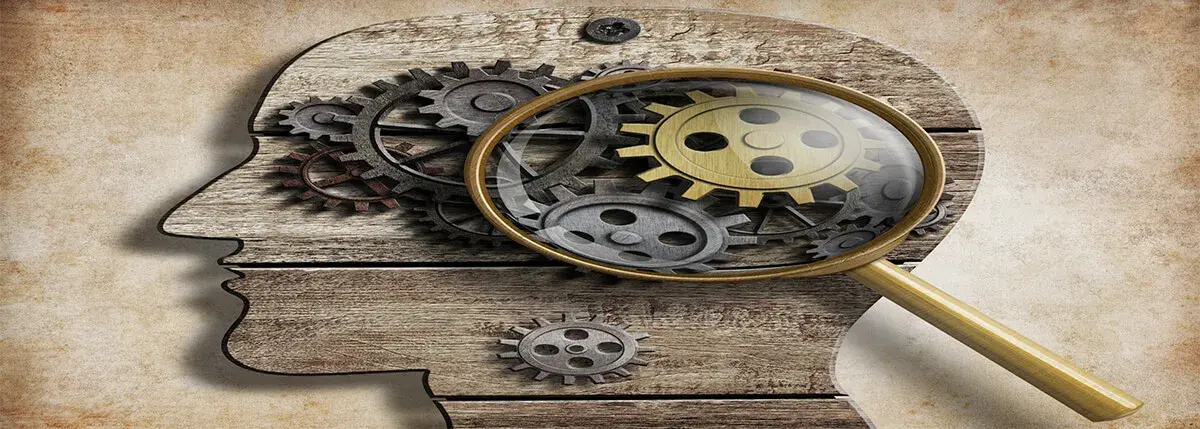Introduction: IoT and Home Automation
The phrase ‘IoT’ is a lot more than meets the eye with the rapid emergence of millions of connected devices in order to perform everyday tasks. ‘IoT’ stands for Internet of Things, it refers to the era of interconnection of the technologies around an individual into an advanced stage so that they are able to collect data and assimilate information over a wireless network without human intervention.
According to the International Telecommunication Union (ITU), “The Internet of Things (IoT) is a global infrastructure for the information society, enabling advanced services by interconnecting (physical and virtual) things based on existing and evolving interoperable information and communication technologies.”[1]
According to the World Intellectual Property Organization (WIPO), “The internet of things refers to use of sensors, actuators and communication technology embedded into physical objects that enable such objects to be tracked and controlled over networks like the internet.”[2]
‘IoT’ candidly encompasses the aspect of home automation, healthcare and even automobiles. Interestingly, it ascertained that by 2025 there will be 26-30 billion devices in the workplace and home equipped with sensors, processors and embedded software, and connected to the Internet of Things.[3] The human and technology interface has reached a point where it becomes arduous to recollect and differentiate the interdependence of it on each other.
Patents and Home Automation Industry
At the fast growing stature, every company is turning towards the arena of the Intellectual Property (IP) Laws. These laws have the tendency to define the protection for the inventions in the field of Internet of Things and especially, the Home Automation industry. While deliberating upon the stance of inventions and IP laws, the patent laws seem to be a perfect mix for the protection of the inventions.
Every invention that is so applied for patentability should fulfill a few basic criteria which assist in granting the application of patents. The applications can be granted the patent protection only if such an invention is:
- Novel or New in nature
- Has an Inventive Step
- Capable of Industrial Application
- Non-obvious in nature[4]
- Has a Written Description[5]
A patent would be granted on an invention if such an invention fulfills the aforementioned basic criteria.
When deliberating upon the aspect of Home Automation, Home Automation refers to the automatic access control of the electronic devices in a home that is connected to the internet and has the liberty to work remotely due to such retention of data. The systems have made life more convenient and even benefitted the people to control electricity by switching off the electricity whenever it’s not required. Certainly, all home automation devices are IoT devices, which can be automated to trigger one another. It is imperative to ascertain that the IoT refers to the devices whereas, home automation refers to the use of the IoT devices.
The IP laws in India are in consonance with the provisions that are laid down under TRIPS,1995. For a patent application to be granted a patent in India, an invention should have the ability to be capable of industrial application,[6] should have an inventive step,[7] should be new or novel (something which could not be anticipated by a person who is skilled in the art)[8] and it should be capable to be described or should be described in a written form.[9]
Every application to be passed should go through the stage of submitting a provisional and complete specification as defined under Section 9 and 10 of the Indian Patent Act, 1970. There is no issue that is faced in the patenting of home automation devices. However, there is always an apprehension at this end that it could hinder development as it is a niche field. India as a country seems to be way behind the developed countries in the domain of the filing of the patents in the IoT home automation devices and therefore it is imperative for the nation to take a supplementary vestige in providing in contemporary view to the legal framework.
Major Players in Home Automation Technology
There have been several grants of patents in the field of home automation and Samsung has been its leading player with Apple not far behind it, followed by Johnson Controls, Siemens AG Schneider Electric.
However, there are some leading individual players in this domain as well, Jeffrey Konicek owns several patents on home automation, whereby home appliances could be triggered by such a smartphone.[11] Further, there is Douglas Lundy, whose invention has aided people to secure their home from several threats and any unwanted open doors when such doors should be closed.[12] Moreover, there is also Ehud Mendelson who invented or worked upon the invention which discloses a home automation environment, wherein series of beacons or RF tags are placed inside the home to support location-based services.[13]
There have also been multiple patents which are granted to Google for their home automation systems.[14] Home Automation is excelling to such an extent that its prophesied patent application market numbers are projected to reach USD 114 billion by 2025, as predicted in a Fortune report.[15]
Conclusion and Future Scope
One of the impediments in the patenting of home automation systems is that the IoT patent ecosystem isn’t defined, new companies can take advantage of communication standards they haven’t created. Hence a startup may create an IoT product for home automation that works hand-in-hand with other patented products.
The aforementioned deliberations clearly bring forward the far-reaching effect of the Home Automation systems as a branch of IoT. The specific arena has a vast potential which is still unrealized, it is said, that if home automation goes on excelling the way it is now, then refrigerators could be operated by voices and thermostats could be turned on even before reaching home through just a click on the phone. One of the things that need to be deliberated upon at this juncture is the scope of excelling of IoT but the absence of IP laws to keep up with its fast-growing development.[16] It is the need of the hour to have an IP regime that is in consonance with the emerging practices in technology and especially the arena of home automation. It has led us to the doorway of Industry 4.0 (4th Industrial Revolution). It has aided in the digital transformation for manufacturing and production which in turn has led to value creation processes.
“If you think that the internet has changed your life, think again. The Internet of Things is about to change it all over again!”– Brendan O’Brien
[1] ITU-T Y.4000/Y.2060 (06/2012).
[2]Internet of Things: Patent Landscape Analysis, Lex Innova. [https://www.wipo.int/edocs/plrdocs/en/internet_of_things.pdf]
[3] Patents and the Fourth Industrial Revolution, The inventions behind digital transformation, December 2017, The EPO in co-operation with the Handelsblatt Institute.
[4] Article 27.1 of The Agreement on Trade-Related Aspects of Intellectual Property Rights (TRIPS), 1995.
[5] Article 29 of The Agreement on Trade-Related Aspects of Intellectual Property Rights (TRIPS), 1995.
[6] Section2 (ac) of Indian Patent Act, 1970.
[7] Section2 (ja) of Indian Patent Act, 1970.
[8] Section2 (l) of Indian Patent Act, 1970.
[9] Section2 (j) of Indian Patent Act, 1970.
[10] https://www.statista.com/statistics/1180915/india-iot-patents-in-home-automation-segment-filed-by-domestic-companies-by-application-area/#:~:text=With%20over%2037%20percent%2C%20the,with%20a%2016%20percent%20application.&text=Most%20of%20these%20companies%20had%20an%20information%20technology%20background. [Published by Statista Research Department, Feb 17, 2021]
[11] US patent 8880047.
[12] US patent – 8994556.
[13] US patent – 9961507.
[14] US5621662A, US6473661B1, EP1260886A2, CN102354190A, US9230560B2 and US5086385A.
[15] IoT Home Automation: Expecting a flurry of patent litigations, Data Quest, (Updated on April 20, 2020). {https://www.dqindia.com/iot-home-automation-expecting-flurry-patent-litigations/}
[16] Patent issues leading to unprecedented growth of IoT companies, Economic Times, (Updated on August 29, 2019). {https://cio.economictimes.indiatimes.com/news/internet-of-things/patent-issues-leading-to-unprecedented-growth-of-iot-companies/70877591}








